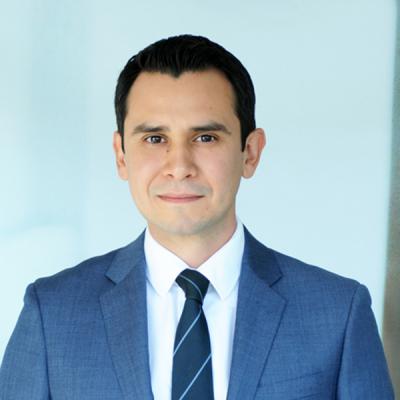Telephone and Texting Compliance News: Litigation Update — One-to-One Consent Eleventh Circuit Challenge Dead
One-to-One Consent 11th Circuit Challenge Dead
As we previously reported, after the Eleventh Circuit vacated the Federal Communications Commission’s much-anticipated one-to-one consent rule in Insurance Marketing Coalition Limited v. FCC, an advocacy organization known as the National Consumers League sought to intervene in the case. They argued that the Eleventh Circuit’s decision ignored the purpose of the TCPA, the FCC’s prior determination that the one-to-one consent rule was necessary, and claimed to have a strong interest in seeing the rule pushed into effect.
On April 22, the Eleventh Circuit denied the motion to intervene on the basis that the request was untimely under Federal Rule of Appellate Procedure 15(d).[1] “[A] motion to intervene in a proceeding challenging an agency order ‘must be filed within 30 days after the petition for review is filed.’ Fed. R. App. P. 15(d).”[2] The petition for review in the case was filed on January 26, 2024 while motions to intervene were filed on February 19, 2025 and March 19, 2025, “long after the expiration” of the deadline.[3] The Court issued its mandate days later on April 30, ending the one-to-one saga.
Although one-to-one consent is dead for the time being, businesses should stay abreast of state-level developments while continuing to comply with applicable existing TCPA consent standards.
COVID-19 – Squarely an Emergency
“Albuquerque – like most cities – found itself grappling with the question of how to conduct city operations in a socially distanced society” during the pandemic, explained the Court of Appeals for the Tenth Circuit.[4] In light of the challenges caused by the pandemic, the City decided to host virtual town halls that residents could access by phone or internet and called residents, allegedly in violation of the TCPA, to inform them about the virtual town halls.[5] Plaintiff Gerald Silver claimed to be the recipient of seven of these calls, which he alleged used prerecorded messages, and on that basis filed a class action.[6]
The City responded by moving to dismiss on the basis that it did not trigger the TCPA because it was not a “person” under the statute and because the calls fell within the emergency purposes exception.[7] The US District Court for the District of New Mexico dismissed the case and the Tenth Circuit affirmed.
Starting with the statute, the Tenth Circuit explained that the TCPA makes it unlawful to make calls with regulated technology other than calls “made for emergency purposes.”[8] And though the statute does not define “emergency purpose,” “the COVID-19 pandemic plainly constitutes an emergency.”[9] Citing FCC guidance, the Court added: “[c]onsequently, hospitals, health care providers, state and local health officials, and other government officials may lawfully communicate information about the novel coronavirus as well as mitigation measures without violating federal law.”[10] To qualify for the exception, “the content of the call must be solely informational, made necessary because of the COVID-19 outbreak, and directly related to the imminent health or safety risk arising out of the COVID-19 outbreak.”[11]
With that framework in mind, the decision to affirm the District Court’s order was an easy one:
Here, because the caller was a local government official, the “context” prong of the emergency-purposes-exception inquiry is satisfied. The “content” prong is also satisfied. Each of the City’s calls was informational; neither party argues that the calls were intended to market a product or had any other commercial purpose. …[T]he City made the calls to explain to residents that the town halls were virtual, and the town halls were virtual because of the social-distancing requirements of the pandemic. Thus, the calls were both made necessary by the COVID-19 outbreak and directly related to the risks associated with the pandemic.[12]
“Common sense” too supported the decision given that the City needed to engage in its traditional operations, and had to disseminate information to the public, all while addressing the challenges of the pandemic.[13]
In light of the foregoing analysis, the Court did not need to reach the City’s argument that it did not qualify as a “person” under the TCPA. And with that, the Tenth Circuit affirmed the dismissal, closing another chapter of the pandemic.
[1] Insurance Marketing Coalition Limited v. Federal Communications Commission, No. 24-10277, Order, Dkt. 82 at Pg. 3.
[2] Id. at Pg. 2.
[3] Id. at Pgs. 2-3.
[4] Silver v. City of Albuquerque, No. 23-2058, 2025 U.S. App. LEXIS 9623, at *2 (10th Cir. Apr. 23, 2025).
[5] Id.
[6] Id. at *2-5.
[7] Id. at *3-4.
[8] Id. at *5.
[9] Id. at *6 (internal quotations omitted).
[10] Id.
[11] Id. at *6-7 (internal quotations omitted).
[12] Id. at *7-8.
[13] Id. at *8-9.
Authors



